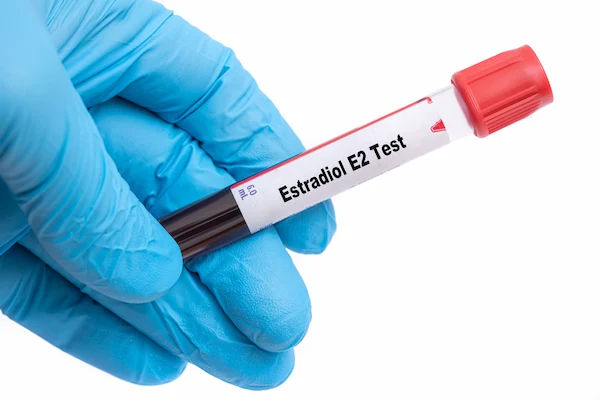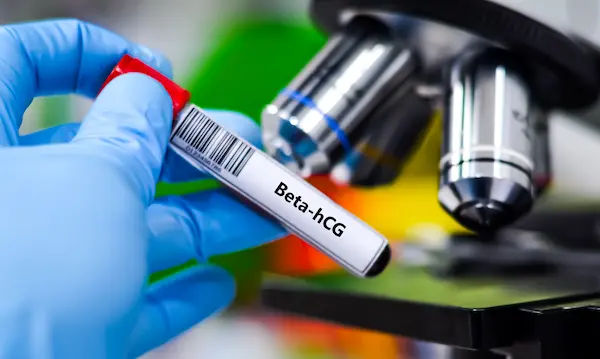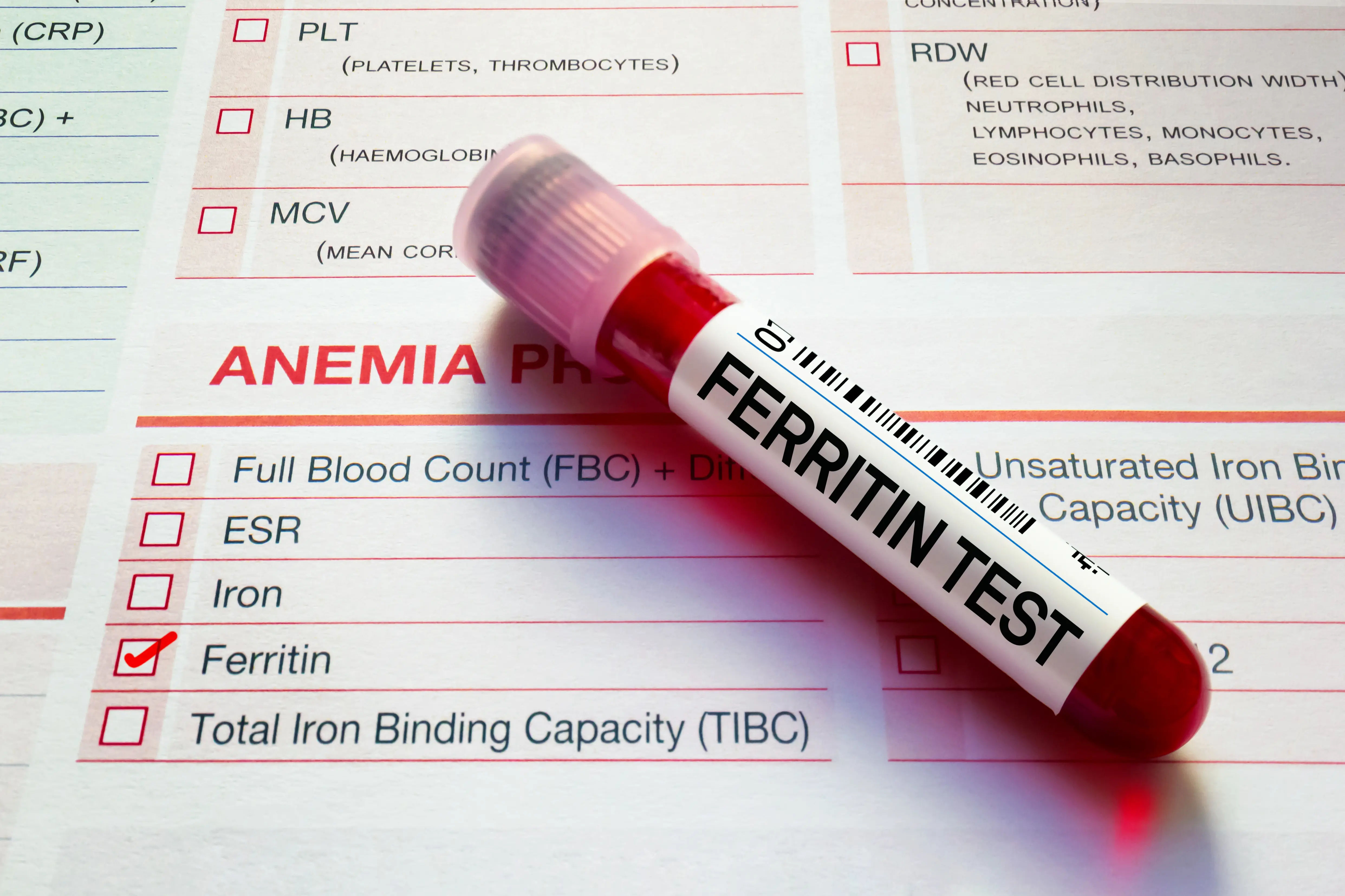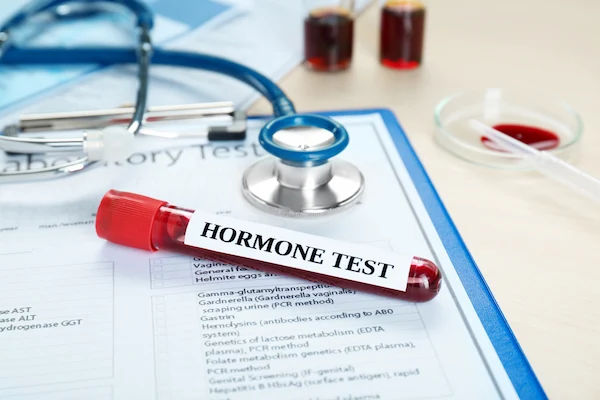Why AMH Testing Matters More for Indian Women in Their 30s
Know how what, and when AMH testing to be taken for indian women. Learn about how AMH impacts aged women in an urban set-up and how it can predict fertility.

Written by
Last updated on 16th Jul, 2025

For many Indian women, the 30s mark a decade of exciting personal and professional growth. Careers are often established, partnerships are deepened, and for some, the thought of starting a family becomes more prominent. However, beneath the surface of these life milestones, a silent biological clock is ticking, one that can have a unique impact on fertility for Indian women, especially those navigating an urban lifestyle.
Ovarian Reserve Decline Starts Earlier Than You Think
Every woman is born with a finite number of eggs stored in her ovaries, a pool known as her "ovarian reserve." Unlike men, who continuously produce sperm, women do not create new eggs during their lifetime. From birth, this reserve naturally declines with age. While the general understanding is that a significant drop in fertility happens around the late 30s or early 40s, recent research and clinical observations suggest that for some Indian women, this decline might begin earlier than typically expected.
Several factors, including genetics, environmental influences, and lifestyle choices common in urban Indian settings, are believed to contribute to this earlier decline. Stress, pollution, dietary habits, and certain medical conditions can all contribute to the rate at which your ovarian reserve diminishes.
How AMH Predicts Fertility Window
This is where the Anti-Müllerian Hormone (AMH) test comes in. AMH is a hormone produced by the small, developing egg sacs (follicles) within your ovaries. The level of AMH in your blood directly reflects the number of eggs remaining in your ovarian reserve. Think of it as a rough estimate of your "egg count."
Here's why AMH is such a valuable tool for predicting your fertility window:
- Reflects Egg Quantity: A higher AMH level generally indicates a larger ovarian reserve, meaning more eggs are available. Conversely, a lower AMH level suggests a smaller reserve.
- Stable Throughout the Menstrual Cycle: Unlike other fertility hormones that fluctuate throughout your monthly cycle, AMH levels remain relatively stable. This means you can have the test done at any time, making it very convenient.
- Predicts Response to Fertility Treatments: For women considering fertility treatments like IVF, AMH levels are crucial. They help doctors predict how well your ovaries will respond to fertility medications used to stimulate egg production.
- Early Indicator of Ovarian Ageing: AMH can signal a decline in ovarian reserve even before other symptoms, like irregular periods, become apparent. This early warning can be incredibly valuable for women in their 30s who are planning to conceive.
- Identifies Potential Issues: Very low AMH levels for your age might indicate a condition like Primary Ovarian Insufficiency (POI) or a faster rate of ovarian ageing, prompting further investigation and timely action.
It's important to remember that AMH primarily tells you about the quantity of your eggs, not their quality. While egg quality also declines with age, a good AMH level gives you a better chance of having enough eggs to work with, whether through natural conception or assisted reproductive technologies.
Get Your Fertility Potential Assessed
Impact of Late Marriage and Urban Lifestyle
Today, many Indian women in cities are focusing on education and careers, which means they often marry and have children later. While this is great for personal growth, it can make getting pregnant harder.
Here's why:
- Having children later: When women start families in their late 20s or 30s, they're naturally closer to the age when their egg supply (ovarian reserve) starts to drop quickly. For Indian women, this decline might even begin sooner, making the time to get pregnant naturally even shorter.
- City life stress: Living in Indian cities often means lots of stress, long work hours, not enough sleep, and pollution. These things can affect your general health and might even speed up how quickly your eggs age.
- Food choices: Modern city diets sometimes lack important nutrients and have a lot of processed foods. Eating a balanced diet is good for your overall health, including your ability to get pregnant.
- Health issues: Problems like PCOS and thyroid disorders are becoming more common in Indian cities. These conditions can affect fertility, making an AMH test important to understand your egg supply.
For Indian women in their 30s, particularly those living in urban environments and considering delayed pregnancy, an AMH test isn't just a general health check; it's a proactive step towards understanding their unique fertility timeline in the context of their lifestyle and societal shifts.
When to Add AMH to Annual Health Tests
While AMH testing might not be part of a standard annual health check-up for everyone, it becomes highly relevant for women in their 30s, especially those who:
- Are 30 years or older and planning to conceive in the near future: Knowing your AMH levels can help you and your partner make informed decisions about when to start trying for a baby.
- Are you considering delaying pregnancy: If you're not ready to have children yet but want to preserve your options, an AMH test can provide an estimate of your remaining fertile years. This information can be crucial for decisions like egg freezing.
- Have been trying to conceive for 6 months or more without success (if 35 or older), or 12 months (if under 35): If you're struggling to get pregnant, AMH is often one of the first tests your doctor will recommend to assess your ovarian reserve.
- Have a family history of early menopause: If your mother or sisters experienced menopause at a younger age, you might be at higher risk for early ovarian ageing, making AMH testing particularly important.
- Have undergone ovarian surgery or received chemotherapy/radiotherapy: These treatments can significantly impact ovarian reserve, and AMH testing can help assess the damage.
- Have symptoms of hormonal imbalance or irregular periods: While many factors can cause these, checking AMH can help rule out or identify ovarian reserve issues.
- Are generally curious about their fertility potential: Even if you're not actively planning pregnancy, understanding your AMH levels can be empowering knowledge about your body.
It's always best to discuss with your doctor whether an AMH test is right for you and when it should be included in your health assessments.
Book Fertility Readiness AMH Panel on Apollo 24|7
Taking control of your reproductive health is easier than ever with convenient access to diagnostic tests. Apollo 24|7 offers a reliable and accessible way to get your AMH levels checked, along with other important fertility markers, from the comfort of your home.
Here are some popular tests and packages that can help you understand your fertility:
- Anti-Mullerian Hormone (AMH) Test: This is the direct test to measure your AMH levels and assess your ovarian reserve.
Book an Anti-Mullerian Hormone (AMH) Test
- Apollo Fertility Profile - Female: This comprehensive package includes the AMH Test along with other vital hormones like TSH (Thyroid Stimulating Hormone), FSH (Follicle-Stimulating Hormone), LH (Luteinising Hormone), Prolactin, and Estradiol (E2). This package provides a complete picture of your hormonal health relevant to fertility.
Book an Apollo Fertility Profile - Female
Why choose Apollo 24|7 for your fertility tests?
- Easy to use: You can book tests online or with their app, and they'll even come to your home to collect samples. This saves you time and the hassle of travelling.
- Accurate results: Apollo 24|7 uses labs that are officially recognised for their quality (NABL-accredited). This means you can trust your test results, giving you peace of mind.
- Complete health check-ups: They have different health packages that check many things at once. These packages are often cheaper than getting each test separately, which is great for understanding how different parts of your body, like your hormones, work together.
- Doctor's advice at your fingertips: Their platform often helps you understand your test results. You can even talk to a doctor online to discuss your reports and what steps you should take next.
- Quick results: You'll get your reports fast, usually online. This means you can show them to your doctor sooner and get the care you need without delay.
Conclusion
For Indian women in their 30s, particularly those navigating the demands of urban life and considering delayed family planning, understanding your ovarian reserve through an AMH test is no longer a luxury but a crucial step. It provides valuable insight into your unique fertility timeline, potentially signalling an earlier decline in ovarian reserve than traditionally understood. By proactively adding AMH testing to your health checks, especially if you have a family history of early menopause or are experiencing fertility concerns, you empower yourself with knowledge. This knowledge allows you to have meaningful conversations with your doctor, explore options like egg freezing if desired, and make informed decisions about your reproductive future. Take charge of your fertility journey and consider an AMH test to unlock vital information about your body.





